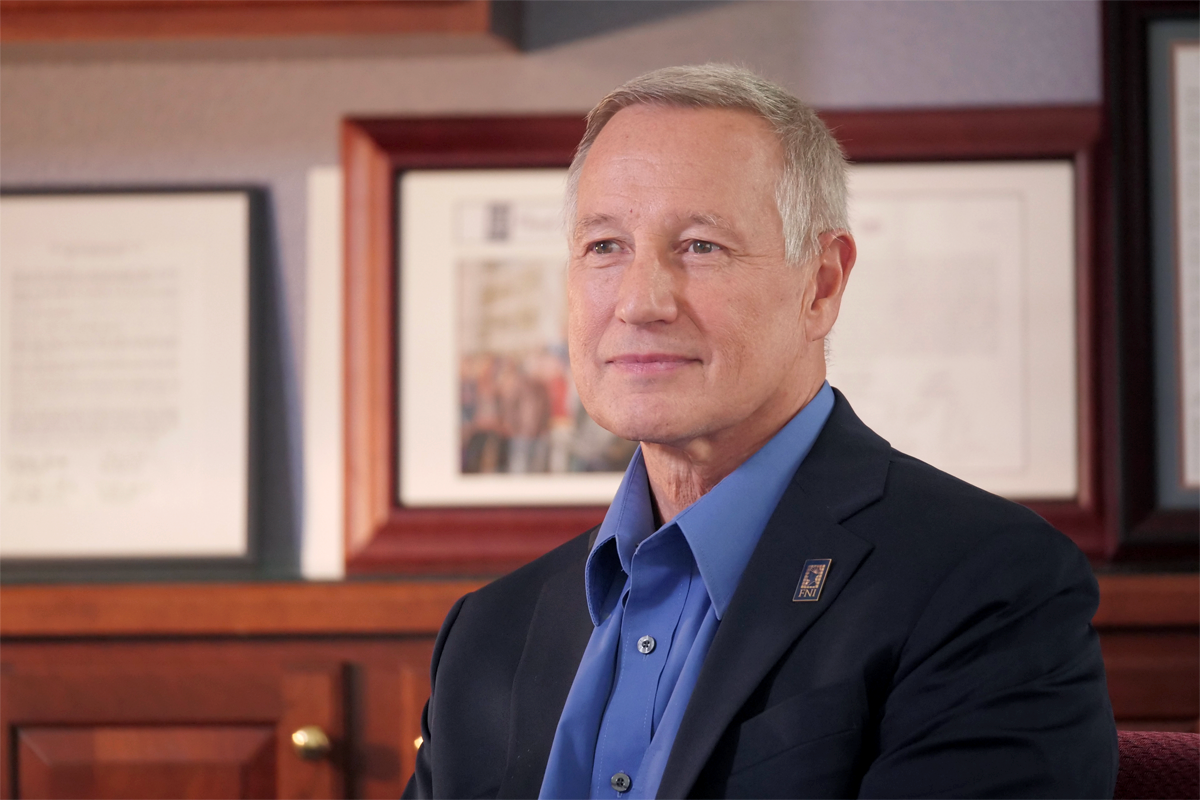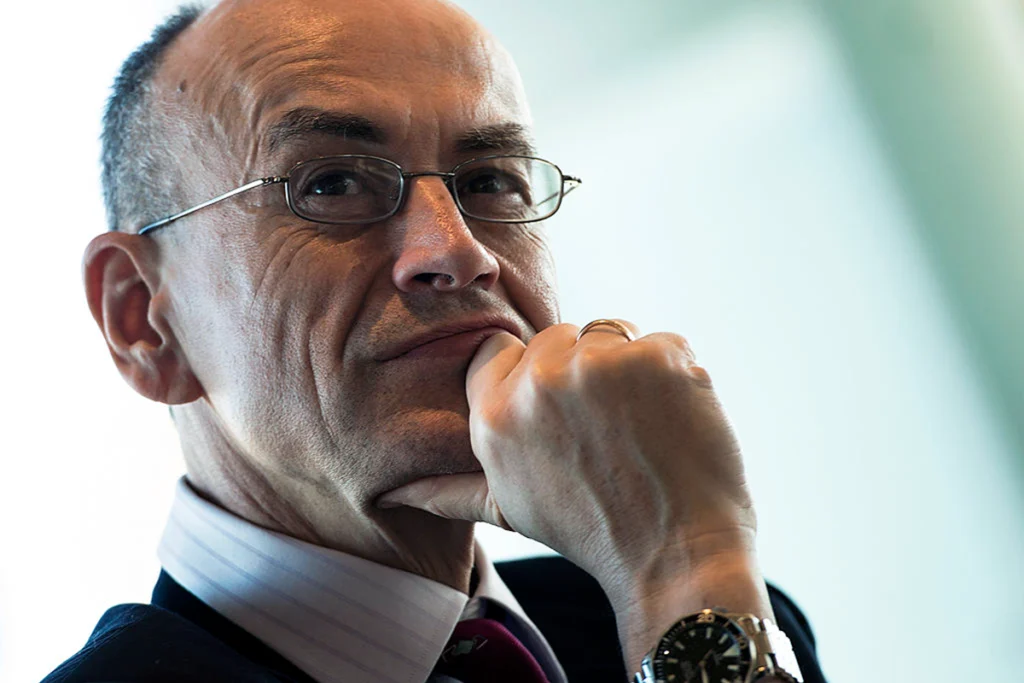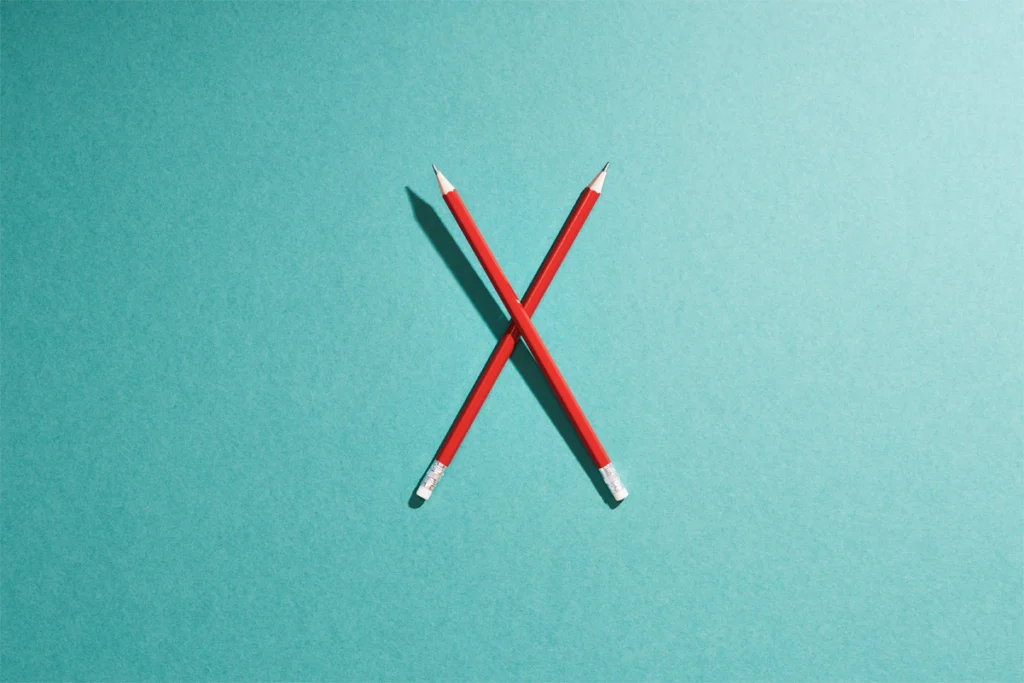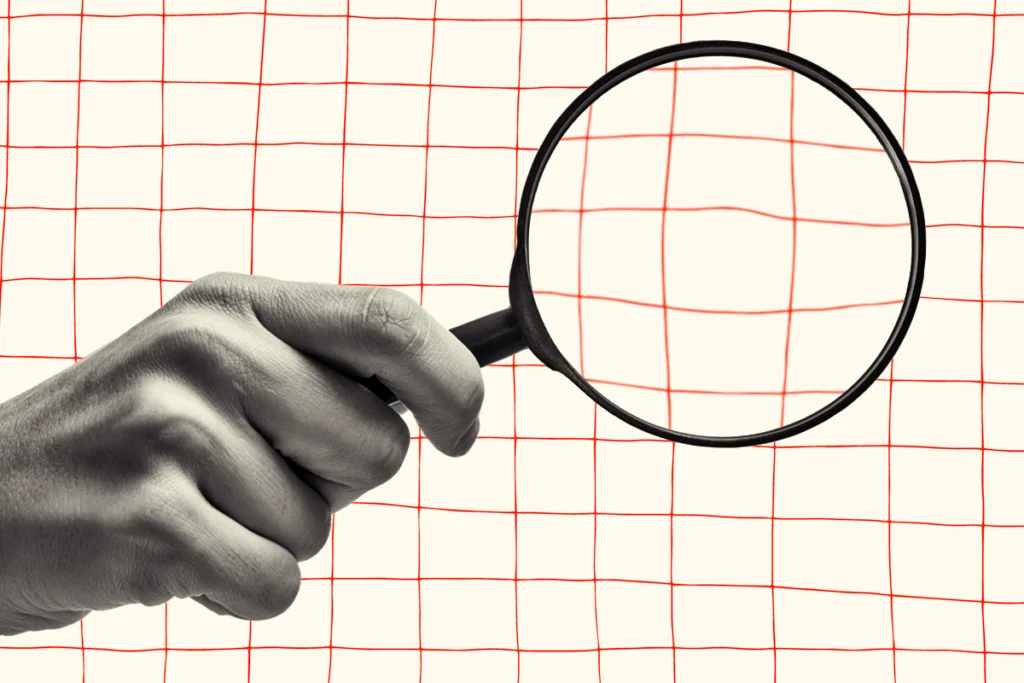In hindsight, Gary Dunbar probably should have looked more closely at his collaborators’ data.
Dunbar is a neuroscientist at Central Michigan University in Mt. Pleasant. He also served, from 2008 to 2022, as executive director of the Field Neurosciences Institute at Ascension St. Mary’s Hospital in nearby Saginaw, according to tax records.
In 2015, the institute hired neuroscientist Panchanan Maiti to run a lab focusing on neurodegenerative conditions. The lab would collaborate closely with Dunbar’s university laboratory, which was funded by the institute. Maiti also received an adjunct appointment at the university.
Over the next six years, the two researchers published 24 papers together. Many of them focused on whether nutraceuticals, such as those derived from turmeric or Michigan’s abundant tart cherries, could ward off symptoms of Alzheimer’s disease in a mouse model.
But after questions were raised, starting in 2021, about duplicate images or figures in at least nine of those papers, the university launched an investigation, which has resulted in two retractions and three corrections so far, with more likely to come.
“To be charitable, Dr. Maiti was meticulous in producing images but not in documenting them,” Dunbar wrote in an August 2022 email to David Weindorf, the university’s vice president for research and innovation.
The lack of meticulousness was not limited to Maiti’s work, however.
Three former Ph.D. students at Central Michigan University — Zackary Bowers, Leela Paladugu and Sarah Peruzzaro — claimed responsibility for errors in images in three articles they co-authored with Maiti and Dunbar, according to comments on the post-publication review site PubPeer. The comments were posted by either the students or by Dunbar on their behalf between October 2021 and August 2022.
The Transmitter previously reported on the initial retractions and corrections, but the full story of what went wrong is coming into focus through new interviews and emails obtained via a public records request.
The university’s investigation concluded in 2022 that Dunbar did not knowingly commit scientific misconduct, and Maiti accepted full responsibility for the image issues. University officials nevertheless chastised Dunbar for failing to perform his due diligence in reviewing the data and putting his name on the articles.
“The intersection here of misfortune, mistake, and purposeful misconduct does not lend itself to confidence and you and your colleagues should increase your efforts at vigilance and the high standards of accuracy and data integrity,” wrote Dennis Armistead, executive director of faculty personnel services, in a letter addressed to Dunbar dated 19 January 2022.
Maiti previously apologized for his errors in a statement to The Transmitter but did not respond to new requests, sent via email and Facebook, to comment for this article. And the three former students — Bowers, Paladugu and Peruzzaro — failed to respond to voicemails or messages sent via LinkedIn.
Dunbar declined to comment on the record for this article, but he has previously stated that his lab “is now replicating critical aspects of these studies to ensure an accurate representation of these results.”
W
hen Maiti arrived at the Field Neurosciences Institute in 2015, he had been moving around as a postdoctoral researcher for seven years, according to his LinkedIn profile. His first job after receiving his Ph.D. in his native India in 2008 was in the laboratory of Gal Bitan, professor of neurology at the University of California, Los Angeles (UCLA).“I perceived him to be like a boy coming to the big city,” Bitan said in an interview with The Transmitter for this article.
Early on, a journal editor evaluating one of Maiti and Bitan’s manuscript submissions contacted Bitan because one of the peer reviewers had received the exact same manuscript to review from a different journal. Maiti had no idea that simultaneous submissions were frowned upon at scientific journals, Bitan said.
When Maiti asked Bitan for a letter of recommendation, Bitan said he told him he would have to share bad with the good.
“I had my doubts about his likelihood of success in science,” he said.
Maiti fared no better at his next gig in Sally Frautschy’s lab at UCLA. In an interview with The Transmitter, Frautschy said that he was desperate to prove himself and to become a permanent resident in the United States, but he wasted samples and didn’t ask for help when he needed it. After he departed, she said, he published images he had taken in her lab that she had planned to use in another article.
Maiti finally received a positive letter of recommendation from his work with Michael McDonald at the University of Tennessee in Memphis in 2013. “He was a hard worker and good colleague,” McDonald wrote in an email to The Transmitter. “He always helped out others in the lab when needed.”
By the time Maiti arrived in Michigan, he seemed to have finally found his footing. In 2017, he was awarded the 1st State Bank’s RUBY Award (Recognizing the Upward, Bright, and Young) for his work on “new therapies for neurodegenerative diseases and other brain disorders.”
Four years later, however, his career in science would be on the line.
A
ccording to university emails, Dunbar first became aware of the questions surrounding the papers he co-authored with Maiti after anonymous comments appeared in October 2021 on PubPeer. The site automatically emails study authors about new posts challenging their work.“I am highly suspicious that one of my collaborators has used some microphotographs that were replicates and, thus, did not truly represent the data accurately,” Dunbar wrote to Weindorf on 21 October 2021 in response to the PubPeer comments. “I am both shocked and heartsick about this, but fervently want to do what is right asap.”
Commenters on PubPeer also flagged a duplicate image in one of Maiti’s papers from UCLA, but Bitan says that was an honest error that did not impact the conclusions and has since been corrected.
Not so with the Michigan work.
In the weeks after receiving the notices from PubPeer, Dunbar told Weindorf via email that he had notified the journals that had published the studies in question about the potential issues in the work. He began trying to determine which articles still held up and would require only corrections, and which articles had issues so significant that they would need to be withdrawn.
At times, he seemed overwhelmed by the magnitude of the task and told Weindorf that he had begun using commercial image-duplication software to check all of their collaborative work for duplicates.
Weindorf recommended in December 2021 that the university conduct a formal misconduct investigation into Dunbar’s role in the matter. But that investigation was ultimately dismissed after Maiti admitted full responsibility for submitting duplicated images, according to Armistead’s January 2022 letter.
Maiti’s affiliation with the university and the Fields Neuroscience Institute ended in August 2022, according to his LinkedIn profile. Dunbar’s name was removed as the institute’s executive director around the same time, according to an archived version of the website.
The institute did not respond to requests for comment, and it is not clear whether it is still funding Dunbar’s university laboratory. The change in leadership at the institute is unrelated to the misconduct saga, says Dunbar’s collaborator Julien Rossignol, a Central Michigan University professor who co-authored three of the corrected papers and another two flagged by PubPeer.
A
ccording to emails obtained by The Transmitter, Dunbar has submitted additional corrections — one for a 2021 study in Antioxidants and another for a 2016 paper in Histochemistry and Cell Biology. He has also submitted corrections for two studies published in the International Journal of Molecular Sciences — one in 2020 and the other in 2021 — both of which he hopes will not have to be withdrawn, according to emails.The journals have been slow to respond.
“The lag time might actually be to our advantage,” Dunbar wrote in an October 2023 email to Weindorf, “as it is giving us time to start redoing these studies and, if given enough time, we could provide [the publisher] with extensive revisions, rather than having them retracted.”
Some of Dunbar’s collaborators remain optimistic that he will be able to correct the literature and advance science.
Joseph Larkin, professor of chemistry at Eckerd College in St. Petersburg, Florida, sent Dunbar boron-based compounds to evaluate in an Alzheimer’s mouse model for one study and says he is eager to have the flawed parts of the study repeated. “I have faith in Gary [Dunbar]’s work, and this should not negatively reflect on him,” Larkin says.






